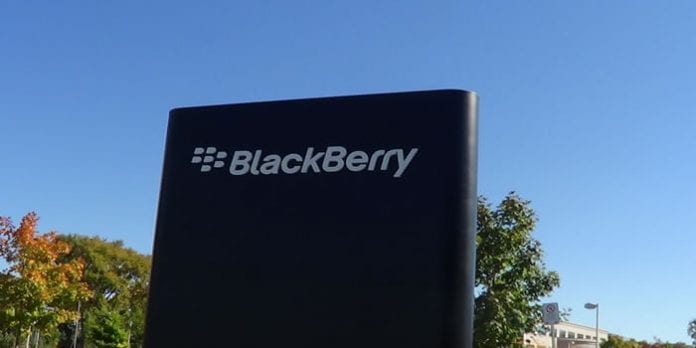BlackBerry is not forgotten. On Tuesday, during its annual security summit, BlackBerry announced that it had signed multi-million-dollar contract to run emergency notification for the US government, namely the Senate and US Coast Guard. The contract lasts five years. BlackBerry also announced other deals it had made to provide similar services including an agreement it signed with the US Coast Guard. The Canadian company, once the global leader in smartphone sales, has in the recent past declared an interest in software and security market.
BlackBerry acquired AtHoc, a crisis communication firm, last year. The AtHoc emergency communication platform is BlackBerry’s hope to soar in the delivery of software and IT security services. The Defense Information Systems Agency gave Security Technical Implementation Guide certifications to BlackBerry’s BES12 and OS 10.3.2 software. The STIG certifications secured BlackBerry’s software solutions availability to the Defense Department.
AtHoc’s Networked Crisis Communication Platform allows agencies to communicate securely during crisis or emergencies. The platform integrates an organization’s communication allowing administrators to send notifications to employees and clients during a crisis, to their devices, through one simple click. The platform also collects information of employees’ locations and connects with other relevant authorities and agencies thereby providing a fast response.
Some federal agencies including DOD have accredited the platform. BlackBerry is hopeful that the Federal Risk and Authorization Management Program will certify the platform. According to BlackBerry’s CSO, David Kleidermacher, the approval from DOD of their end-to-end mobile security services and the STIG certifications are proof that their systems are designed to meet client’s priorities.
The AtHoc platform, now a division in BlackBerry, has extended its relationship with Coast Guard. The platform will run Coast Guard’s Alert Warning System, version 2.0, enabling warning notifications to additional 3,800 staff members across the National Capitol Region.
Mobile security is a concern among corporate organizations and security agencies. 4 in 10 corporate companies have mobile device management strategies. 44% of financial institutions feel their systems are not secure enough, 52% of government agencies have the same feeling, and 54% of legal firms believe they are not safe enough. BlackBerry wants to improve these figures using their solutions. The biggest obstacle they have is that employees think mobile security systems reduce the productivity of employees.
AtHoc platform will power the Senate Sergeant at Arm’s Joint Emergency Mass Notifications System for the next five-year period. The system provides notifications to 50,000 people in the Capitol Complex.
Earlier, there were reports that the United States Senate would stop using Blackberry and move to devices such as Android and iOS devices. These reports followed a BlackBerry statement to Verizon and AT&T that it would stop production of BlackBerry OS 10 devices. BlackBerry has since confirmed that it is only stopping production of the Classic models.
BlackBerry is very insignificant in the Smartphone business; it has less than 1% market share. The company is now pushing in the software industry.









